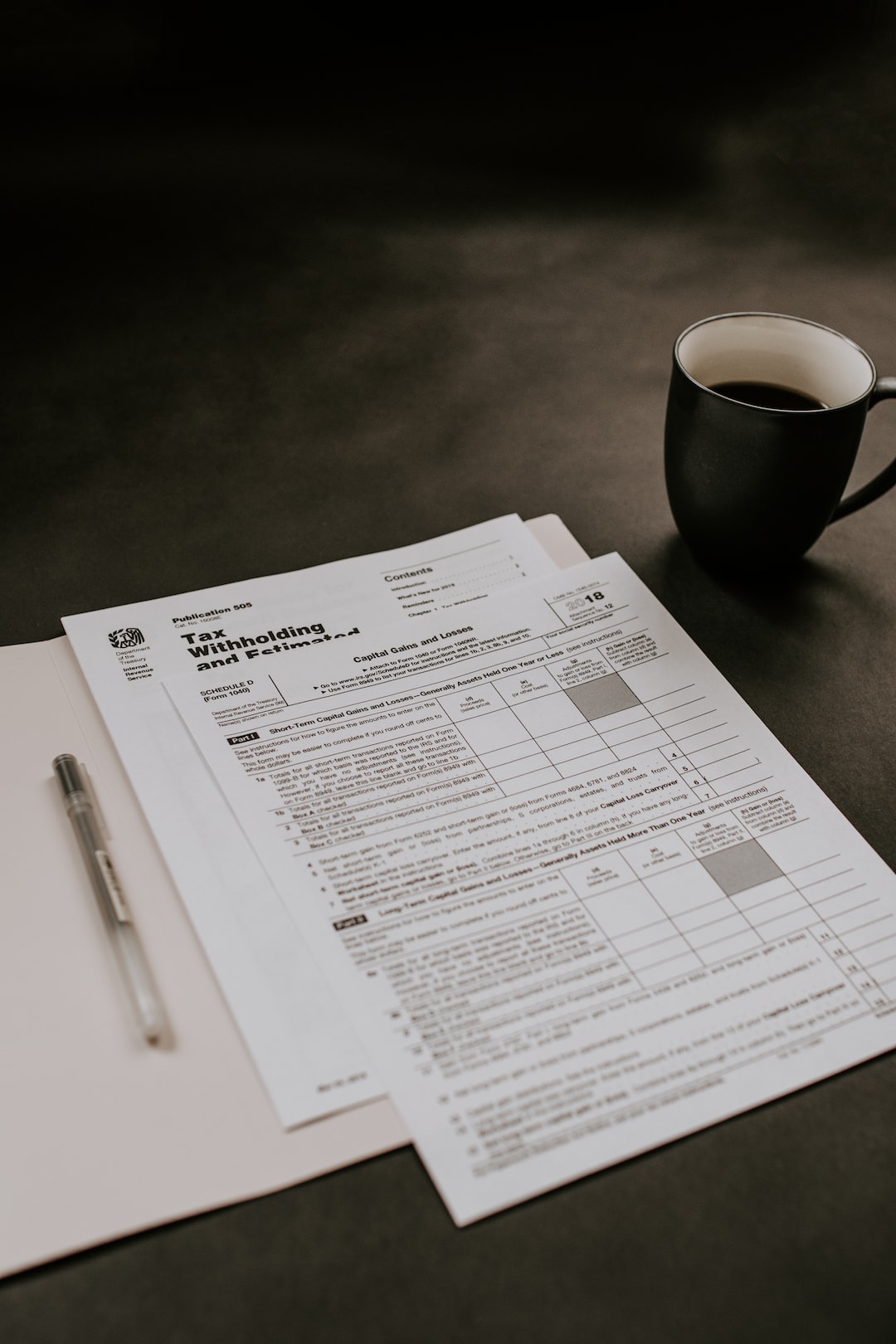Inflation is an economic term that refers to the general increase in prices of goods and services over time. While this may seem like a distant concept, it has a direct impact on our everyday lives, particularly our finances. In this blog post, we will explore the effects of inflation on your finances and discuss strategies to counter its negative consequences.
Inflation erodes purchasing power, which means that the same amount of money will buy you fewer goods and services in the future. For example, if inflation is 2%, it means that prices will increase by 2% per year. This may not seem significant initially, but over time, its impact can be substantial. To put it into perspective, if you had $100 today, in five years, you would need $110 to purchase the same goods and services.
The first and most obvious consequence of inflation on your finances is the decrease in the value of your savings. If you keep your money in a savings account that offers an interest rate lower than the inflation rate, your funds will actually lose value over time. It is crucial to consider inflation when deciding where to put your savings. Look for investment options that offer returns higher than the inflation rate, such as stocks, real estate, or mutual funds.
Another negative effect of inflation is the increase in the cost of borrowing. Interest rates tend to rise when inflation is high, making it more expensive to borrow money. This includes mortgages, car loans, credit cards, and even personal loans. If you have any outstanding debts or are planning to take on new ones, it is essential to consider the impact of inflation on the cost of borrowing. This might influence your decision on timing or the amount you borrow.
Inflation can also affect your salary and earning potential. While many employers adjust salaries periodically to account for inflation, it is not always the case. If your salary remains constant while prices rise, you may find yourself struggling to maintain your standard of living. To counter this effect, it is important to negotiate for regular salary increases or consider changing jobs if you feel your earning potential is stagnating.
Now that we understand the impact of inflation on your finances, let’s discuss strategies to counter its negative consequences.
The first step in combating inflation is to educate yourself about personal finance and investment options. Work on expanding your knowledge and understanding of different investment vehicles such as stocks, bonds, and real estate. Consider consulting with a financial advisor who can help you create a diversified investment portfolio that can withstand the effects of inflation.
Diversification is a key strategy to counter inflation. By investing in different asset classes and geographic regions, you reduce the risk associated with inflation. For example, while some investments may decline in value due to inflation, others, such as real estate or commodities, may appreciate. This diversification helps balance your portfolio and protect it against inflationary pressures.
Investing in assets that tend to rise in value with inflation, such as real estate or stocks, can also be a good countermeasure. Historically, these assets have outpaced inflation and can provide a hedge against rising prices. However, it is important to conduct thorough research and assess the risk associated with these investments before committing your hard-earned money.
Lastly, it is crucial to regularly review and adjust your financial plan to account for inflation. Periodically reassess your investments and make necessary adjustments to ensure that they continue to align with your goals and the current economic conditions. Stay informed about market trends and changes in interest rates to make informed decisions.
In conclusion, inflation has a significant impact on your finances, eroding the value of your savings, increasing borrowing costs, and potentially stagnating your earning potential. However, by educating yourself, diversifying your investments, and staying proactive about your financial plan, you can minimize the negative consequences of inflation and protect your wealth over time. Remember, the key is to be proactive and adjust your strategy as economic conditions change.


